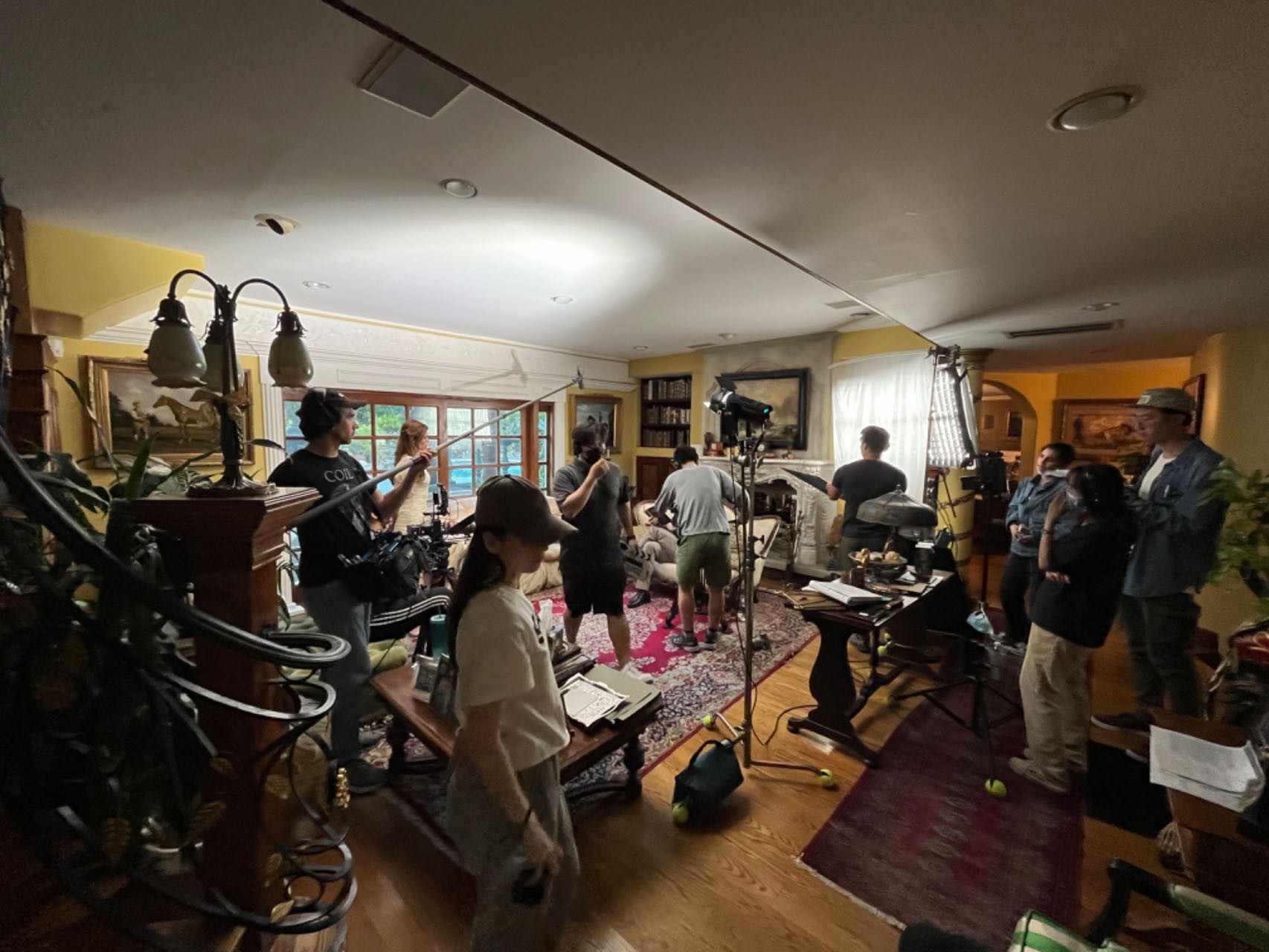

Today we’d like to introduce you to Yan Hua.
Hi Yan, thanks for joining us today. We’d love for you to start by introducing yourself.
I was first exposed to the world of film & TV during my undergraduate program at Vanderbilt University, where I studied Film & Media Arts. Although the program is fairly small, I was lucky enough to have many patient and knowledgeable professors to guide me through the field. I was exposed to both independent film production and film theory as a student, and in my sophomore year, I had my first internship experience in Burbank. The moment I arrived in Los Angeles, I realized this is where I wanted to be. As an international student with no connections or experience in the industry, I realized that I still had a long way to go before I can truly become a “filmmaker” in Los Angeles.
I attended Chapman University for an MFA in Film & TV Producing. During this time, I was lucky enough to meet many incredibly talented creatives with whom I shot my first student films with. As a student producer, I was mostly focused in fun, entertaining, and original content. My films spanned from comedies to emotional dramas and covered various topics, including immigration and modern feminism. They were selected for film festivals around the world, including Shanghai International Short Week, WorldFest-Houston International Film Festival, and Another Film Festival. Although the film production process always brings surprises, I couldn’t have asked for better creatives to work with during these productions, and I think teamwork is truly the key to resolving any unexpected challenges.
We all face challenges, but looking back, would you describe it as a relatively smooth road?
Entering the industry is one of the biggest challenges I had, since I didn’t go to a traditional film school during my undergraduate. Being away from Los Angeles and not knowing anyone in the industry made it extremely difficult for me to enter the business. Luckily, with the help of alumni, I was able to participate in summer internships during my sophomore year. Then, the pandemic hit, and the film industry suffered heavily due to productions forced to pulse and the limitation in traveling everywhere. So many companies were forced to shut down, and job opportunities became fewer than ever. The industry slowly bounced back last year or so. However, constant writers’ strikes continue to create difficulties in securing a job in the industry. It’s been a bumpy ride for sure, but I just had to put my faith in the industry as well as the creatives in it. I could only continue to work hard and believe that it would pay off someday.
Thanks – so, what else should our readers know about your work and what you’re currently focused on?
Growing up, I’ve always been attracted to films and TV. Each film exposes me to a different world, and to a younger me, it was an easy way to experience others’ lives without even leaving the comfort of my own home. However, the older I grow, the more I realize being a creative is not just about providing entertainment. It’s also about supporting unique voices and delivering meaningful messages to the world. I wanted to pursue a career in entertainment because I wanted to bring to the world the same joy I experienced from films as a little kid.
As a producer, my goal is to give underrepresented communities a voice and tell stories that are not only fun but also important to today’s society. For a longtime film enthusiast like me, nothing makes me happier than to create and promote content that will hopefully inspire positive changes in the world. Now, as a creative producer and script reader, my main job is to analyze projects and assist in physical production. I’m proud of my ability to support creatives and help wonderful projects come to life.
We all have a different way of looking at and defining success. How do you define success?
I think success means meeting someone’s personal goal for themselves. Of course, this could mean either traditional success evaluated by numbers or a more personal milestone in someone’s life. Taking a film project for example, each filmmaker has different expectations for their stories. Even if a project doesn’t succeed in a commercial aspect, it might still be able to appeal to certain audiences and make them happy. Alternatively, a filmmaker might consider a project a success as long as it’s made. For creatives, I think it’s important to focus on telling a good story first instead of how much money it might make.
Contact Info:















